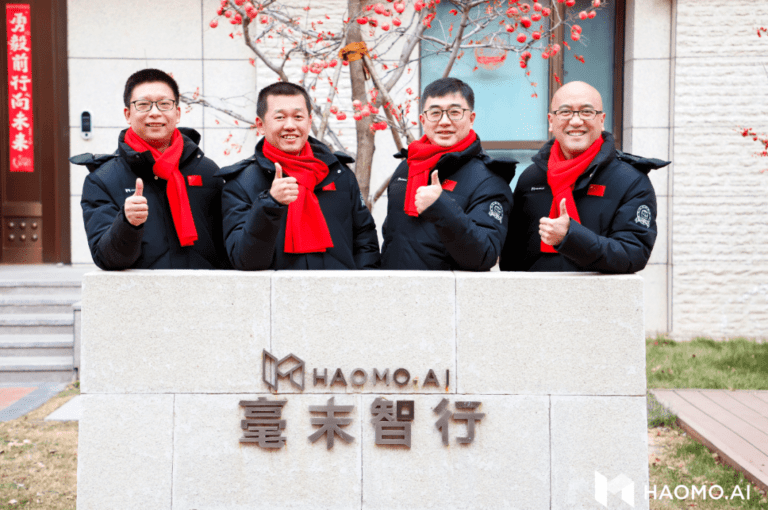After a few years of funding frenzy, self-driving companies in China are facing a slowdown in investment. Some companies are still raising capital, although the days of raising several hundred million dollars in a single round are mostly gone.
Haomo.ai, a self-driving startup backed by Chinese automaker Great Wall Motor, has raised 100 million yuan, or $14 million, in a new round of funding, it said today. The investment is the first tranche of the company’s Series B financing and is led by Chengdu Wufa Private Equity Fund Management, an investment vehicle backed by the Chengdu government.
As foreign venture capital firms retreat from China, domestic investors, particularly those with local government funding, have stepped up to back the country’s emerging tech darlings. Four-year-old Haomo has raised more than $200 million in equity funding, according to startup database ITJuziand all this money was denominated in Chinese Yuan.
Chinese food delivery giant Meituan and Qualcomm Ventures, Qualcomm’s corporate venture arm, are among Haomo’s previous investors.
Led by CEO Gu Weihao, a Baidu smart car veteran, Haomo has focused on developing advanced Level 2 driver assistance systems for passenger cars, selling primarily to its largest shareholder Great Wall, a major SUV and truck maker in China. It also provides Level 4 autonomous driving solutions in logistics vehicles, including Meituan, Alibaba and JD.com among its customers.
The investment from Chengdu, which is known for its giant pandas and delicious, spicy food, ties Haomo to a deal to develop robotics for Wuhou, a central district of the city. Local governments in China often compete to become national “demonstration zones” for cutting-edge technologies through the help of private technology companies. For Wuhou, Haomo’s cleaning and security inspection robots will serve as the centerpiece of the area’s technology showcase.
Haomo’s ADAS solutions, which have features such as automatic braking and lane change, have powered more than 20 vehicle models and accumulated about 120 million driving kilometers, the company said. Self-propelled delivery trucks have carried nearly 300,000 grocery packages for supermarkets in Beijing.
Haomo competes with a number of Chinese AV startups that raised money from Western VCs, such as Pony.ai, WeRide, Momenta, Deeproute. Except for Momenta, all of them started with the ambition to develop robotics. Realizing that driving L4 is capital intensive and many years away from widespread adoption, they chose a path more similar to Haomo’s, working on less advanced but easier to develop L2 or L3 products.
Haomo’s advantage is Great Wall engagement. Being backed by a major automotive original equipment manufacturer (OEM) gives it the revenue it needs to fund expensive R&D without being limited to selling to just one customer. Haomo supplies its ADAS to three other OEMs, according to a company spokesman, who declined to be named.
